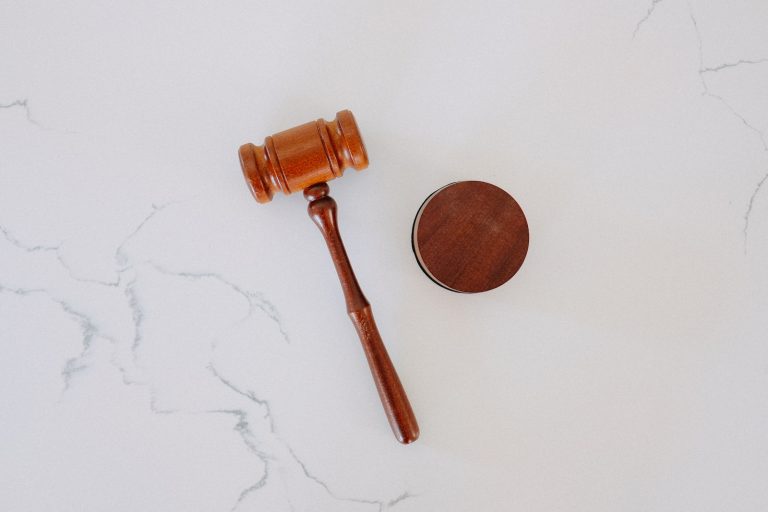Facing a DWI charge can be overwhelming, but handling it wisely is crucial. Firstly, prioritize safety by refraining from further incidents and complying with legal requirements. Seek legal counsel immediately; a skilled attorney specialized in DWI cases can navigate the complexities of the legal system and protect your rights.
Take proactive steps, like documenting details of the event and gathering any relevant information that could support your case. Understand the implications: a DWI charge involves legal repercussions and potential consequences on driving privileges.
Adhere to legal proceedings diligently, including court appearances and any mandated programs or evaluations. Most importantly, learn from this experience, making conscious choices to prevent future occurrences. Taking responsibility, staying informed, and seeking the right support can significantly impact the outcome and your future.
Story Stages
Legal Representation and Understanding the Charges
Seeking legal counsel is paramount. A qualified attorney experienced in DWI cases can evaluate your situation, explain the charges, and guide you through the legal process. Contact Trey Porter for more details.
They’ll help you understand the potential consequences and work towards minimizing penalties or seeking alternatives like diversion programs, especially for first-time offenders. Your attorney can also navigate the administrative and court procedures, ensuring you meet deadlines and fulfill requirements.
Evidence and Documentation
Collect and preserve evidence related to your case. This may include photographs, witness statements, and any relevant documents. Your attorney can help determine which evidence is beneficial for your defense.
Additionally, keeping a detailed record of the incident as accurately as possible, noting factors such as weather conditions, road state, and any mitigating circumstances, can support your defense strategy.
Compliance and Cooperation
Adherence to legal obligations is crucial. This involves attending court hearings, meetings with your attorney, and complying with any required alcohol education programs or assessments.
Demonstrating a cooperative attitude can positively influence the court’s perception of your case. Complying with any imposed penalties, such as license suspension or community service, is essential to resolving the case and moving forward.
Seeking Rehabilitation and Education
Demonstrating a commitment to change can significantly impact the court’s decisions. Participating in rehabilitation programs, such as alcohol counseling or substance abuse treatment, not only shows accountability but also provides tools to prevent future incidents. Education about the dangers of impaired driving through classes or seminars can also exhibit your dedication to personal growth and responsibility.
Behavior and Lifestyle Changes
Altering behavior patterns and making lifestyle changes can reinforce your commitment to preventing future DWI incidents. This may involve avoiding situations where alcohol consumption may lead to impaired judgment, utilizing designated drivers or rideshare services, and even embracing a sober lifestyle.
Maintaining a clean driving record and adhering to traffic laws are pivotal in rebuilding trust and demonstrating responsible conduct to the court.
Final Thoughts
Overcoming a DWI charge demands a holistic approach, addressing legal, behavioral, and lifestyle aspects. By seeking legal support, understanding the charges, preserving evidence, complying with legal obligations, participating in rehabilitation programs, and making proactive changes, individuals can navigate the legal system while working towards personal growth and preventing future incidents.
Facing a DWI charge requires legal guidance. Cooperate with authorities, seek legal representation, understand consequences, and take proactive steps for accountability and rehabilitation.
